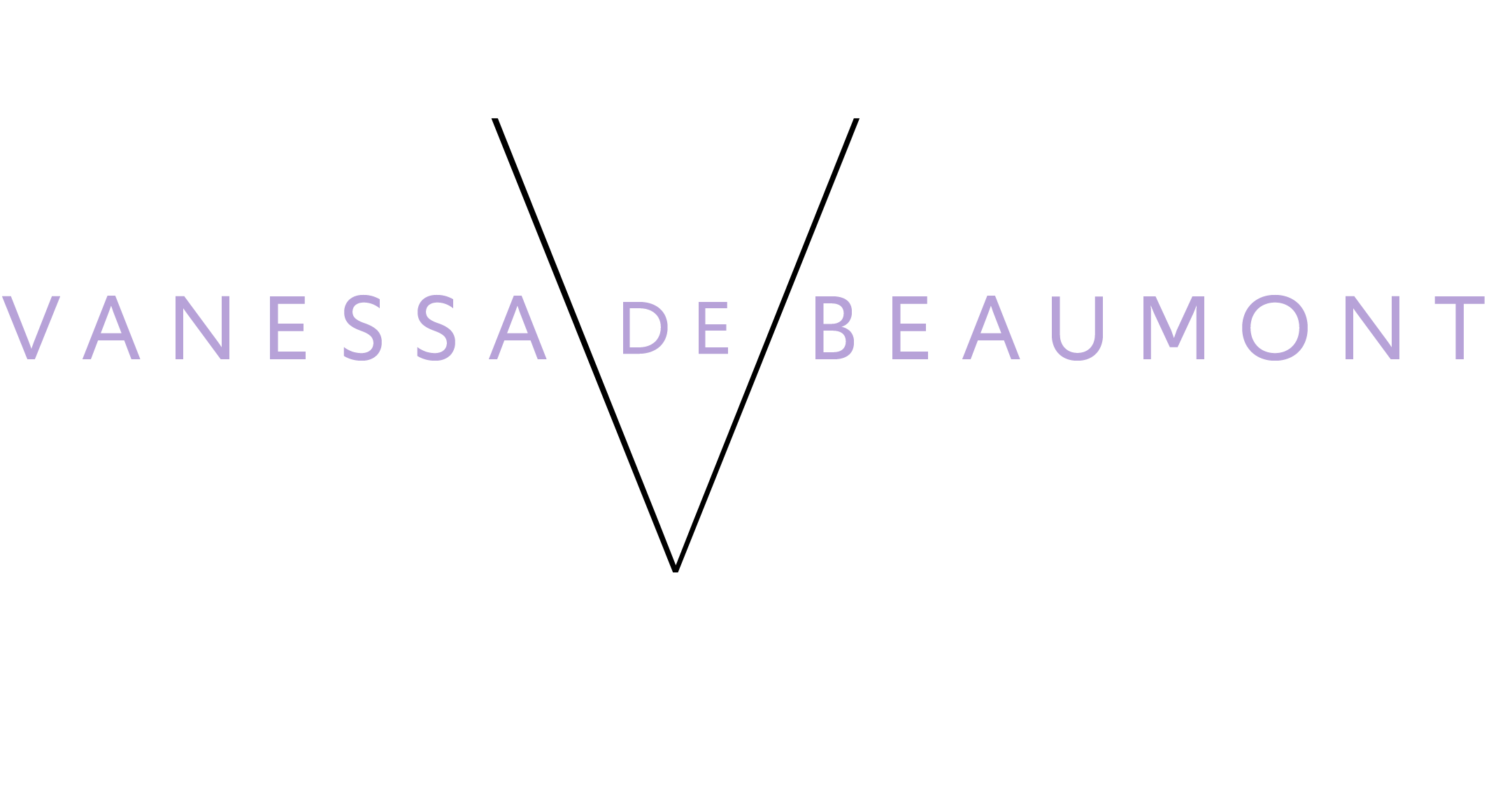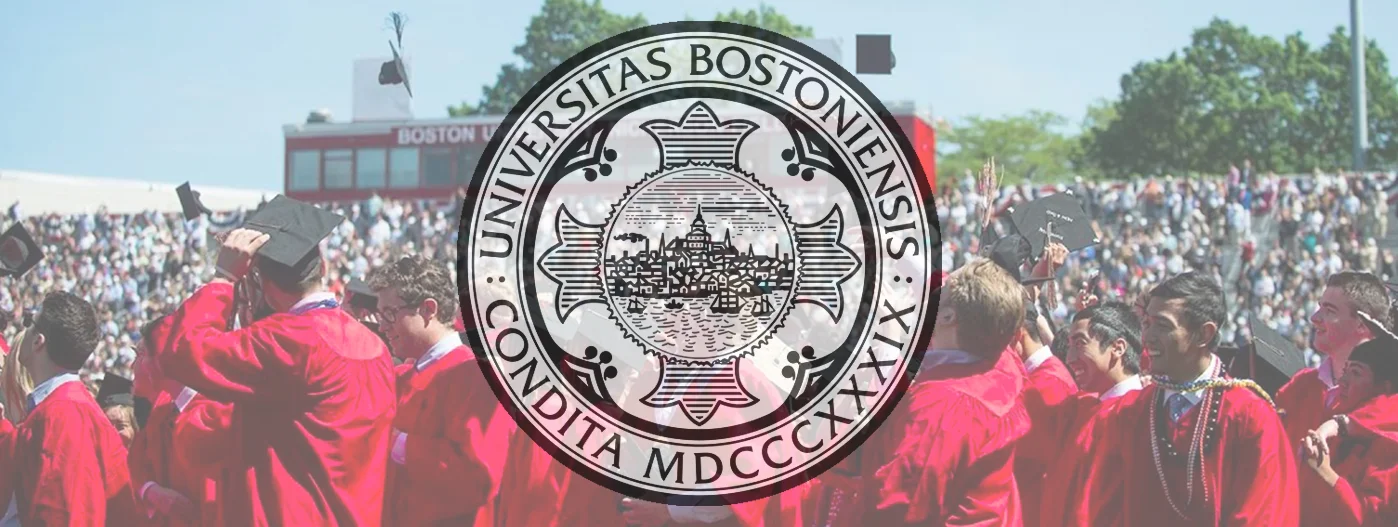Boston University Honors College Experiencing High Program Dropout Rate
Cullen Deimer sighs heavily in class, slouching over his phone while browsing the internet, talking to his roommate and scribbling down some linear algebra. He is not, however, in linear algebra. He’s in his honors college lecture, working on just about anything but the course material, and he is not the only one.
“It’s the stuff I actually need to study for the future,” said Deimer, 19, a sophomore enrolled in Boston University’s Kilachand Honors College (KHC). “I’m not proud of myself for not paying attention, but it’s so dumb and pointless. I’m gaining nothing intellectually.”
Students in Boston University’s selective, liberal arts program are, according to the administration, dropping out of KHC at an alarming rate. This year’s sophomore class in particular is dissatisfied with the program’s perceived excessive time commitment, overly challenging and uninteresting course material, and inflexible study abroad policy, all of which contribute to their feeling that KHC is impeding the pursuit of their careers.
Although the administration reported that 337 students enrolled in the program this semester, they declined to give the specific number of students leaving the program. Director of Kilachand Honors College, Charles Dellheim, said the sophomore class in particular was “dropping like flies.”
Dellheim explained in an interview, however, that he thinks these students were ill-suited for the program, singularly committed to their own majors and viewed KHC only as a means of distinguishing themselves from their peers.
“University has unfortunately become based on a ‘customer model’ where students ask what they can get from things,” Dellheim said. “A liberal arts education is not immediate or linear. Make a commitment to do it, don’t just expect things to be given to you.”
“There’s an unbelievable amount of complaining around here,” Dellheim said. “Likes and dislikes don’t cut it. It has to be deeper than that. I try to be sympathetic to [students] and where [they] are. In the end, not everyone is going to like the decisions I make, but somebody has to blow the whistle, and it happens to be me.”
Students, however, think that, in their pursuit to promote higher-level learning, the KHC administration has made the program’s curriculum too difficult.
“[The courses] shouldn’t be taught as 100 [level courses], but [they] also shouldn’t be like [graduate] level classes,” said Felicia Gans, 19, a KHC sophomore. “It’s like they throw you in the deep end and watch you drown.”
In an anonymous, random survey of 30 KHC students, about 90 percent reported that they also found the curriculum to be challenging.
“It’s a lot of work, and for most of us it’s pretty pointless,” said Deimer. “Plus, the material is so dry and hard to get through.”
The same survey yielded identical results on whether students found KHC to be time-consuming, with about 90 percent reporting yes.
“For this semester especially, it’s been at least two hours, two times a week,” said Ian Quillen, 18, a KHC sophomore. “The reading has been hard. We don’t talk about it, and it’s very dense.”
The high-achieving students, who must maintain a 3.5 or better cumulative GPA to remain in the program, must often overload coursework in order to maintain pace with their major requirements.
“There are only so many hours in a day,” Gans said. “We can’t use it all on [KHC]. We’re interested in other things.”
In addition, 75 percent of surveyed students reported disliking KHC’s study abroad policy, which only allows students to study abroad once their junior year.
“For someone like me looking to go abroad both semesters junior year, it messes things up,” Gans said. “I shouldn’t have to choose between the KHC program and something that has to further my career when the whole point is to help me become better-rounded for my career. Ultimately, I may have to drop next year if they aren’t flexible.”
KHC students did, however, give overwhelming support to the community the program has fostered. 100 percent of surveyed students said that most of their college friendships have been made through the KHC community.
“That’s the reason I don’t regret applying or staying,” said Deimer. “Having a group of people to work or even commiserate with is pretty wonderful.”
Despite the high dropout rate, the survey also revealed that 80 percent of students had an overall positive or neutral opinion of the Kilachand Honors College, and about 70 percent of students would recommend the program to incoming freshmen.
“Just because it isn’t the main priority doesn’t mean that it isn’t a priority or that we don’t care,” Gans said. “Everything other than [the work difficulty and study abroad policies] I actually enjoy, which is why I am so passionate about trying to change [those things].”
Dellheim, too, expressed a desire to make program improvements.
“There are always things that could be better,” Dellheim said. “There are things I have changed already because of valuable things students have said.”
“It’s not my college, it’s our college,” Dellheim said. “I’m gonna do my part, and do it the way I conclude I should do it, but it’s about what [the students] are gonna do personally to make it better.”

